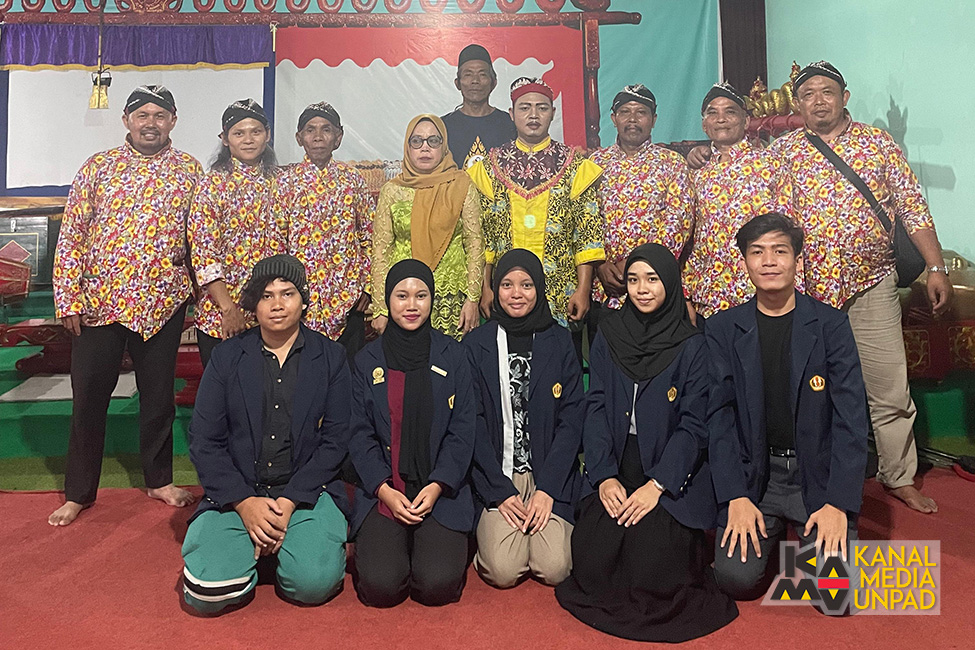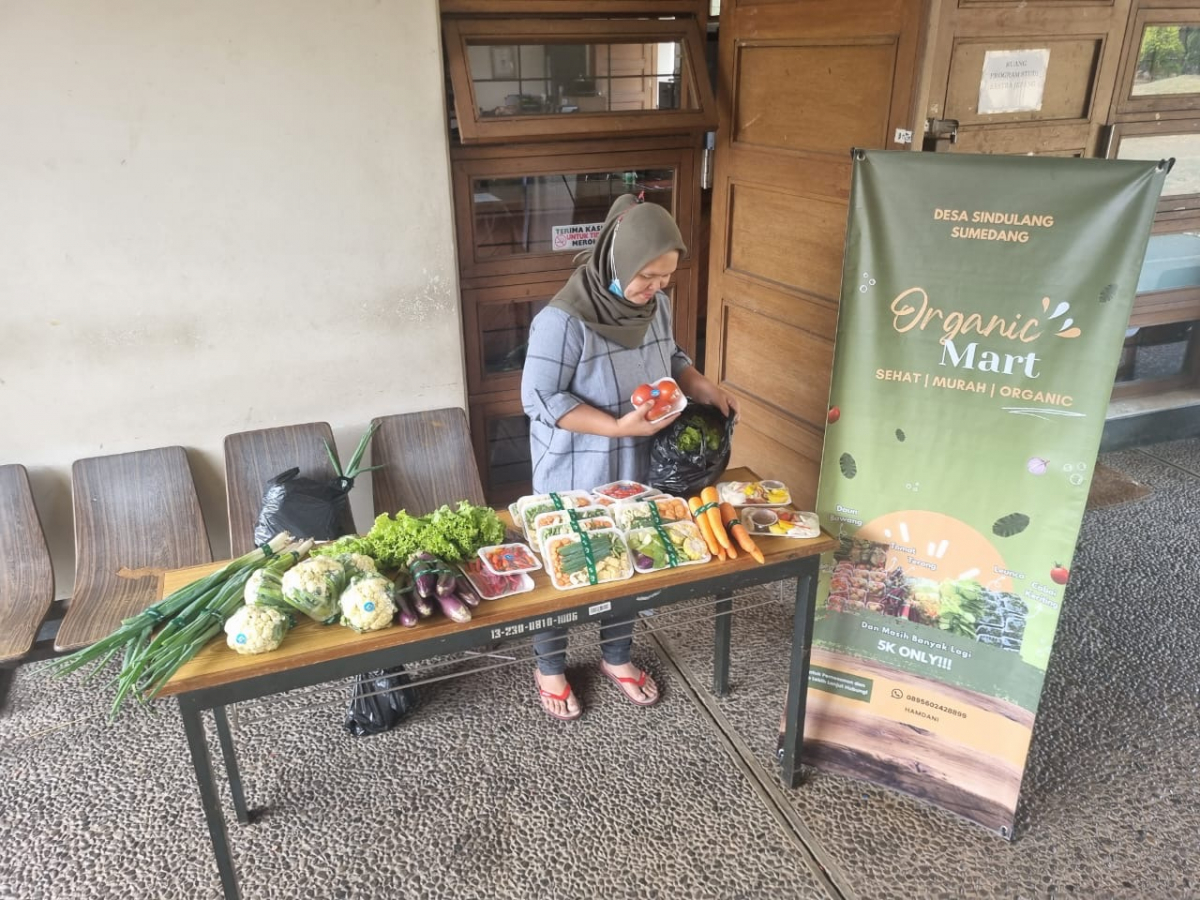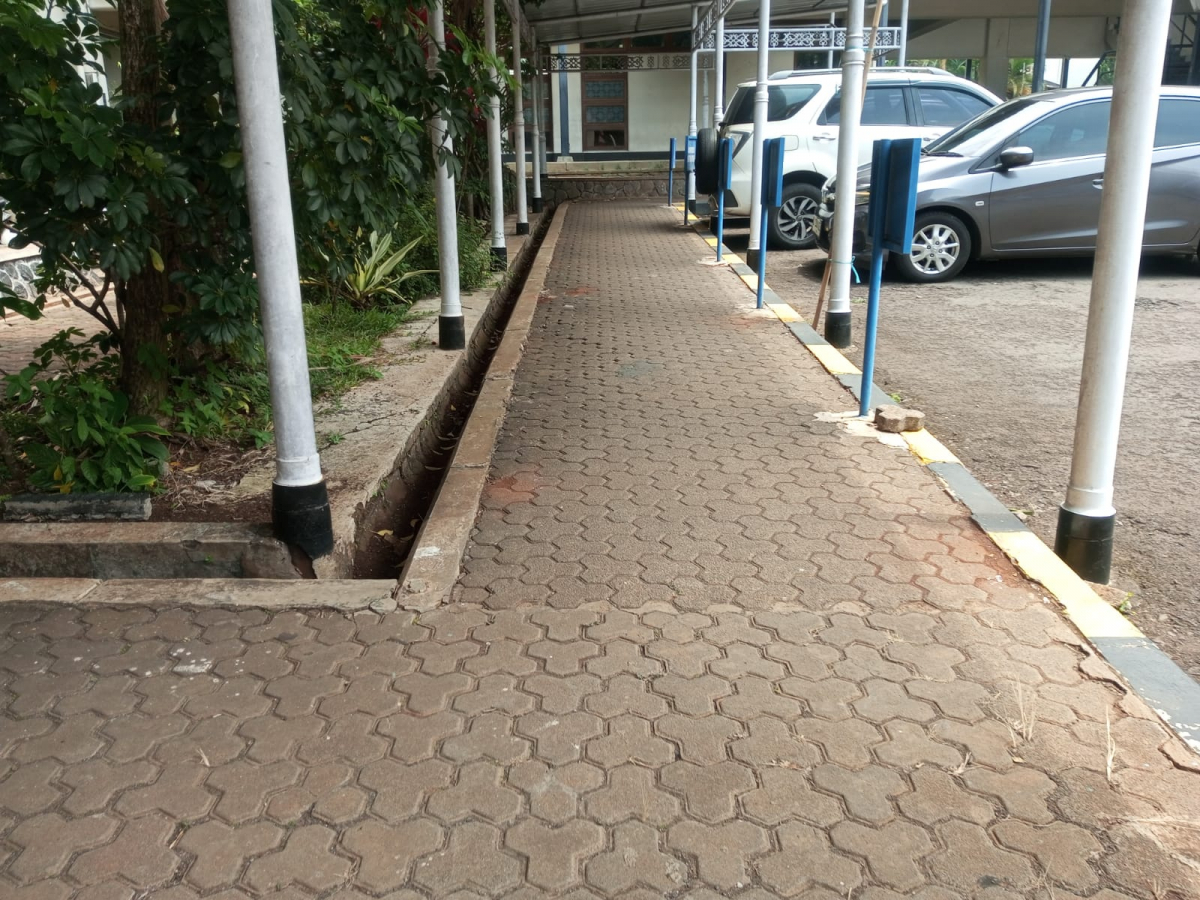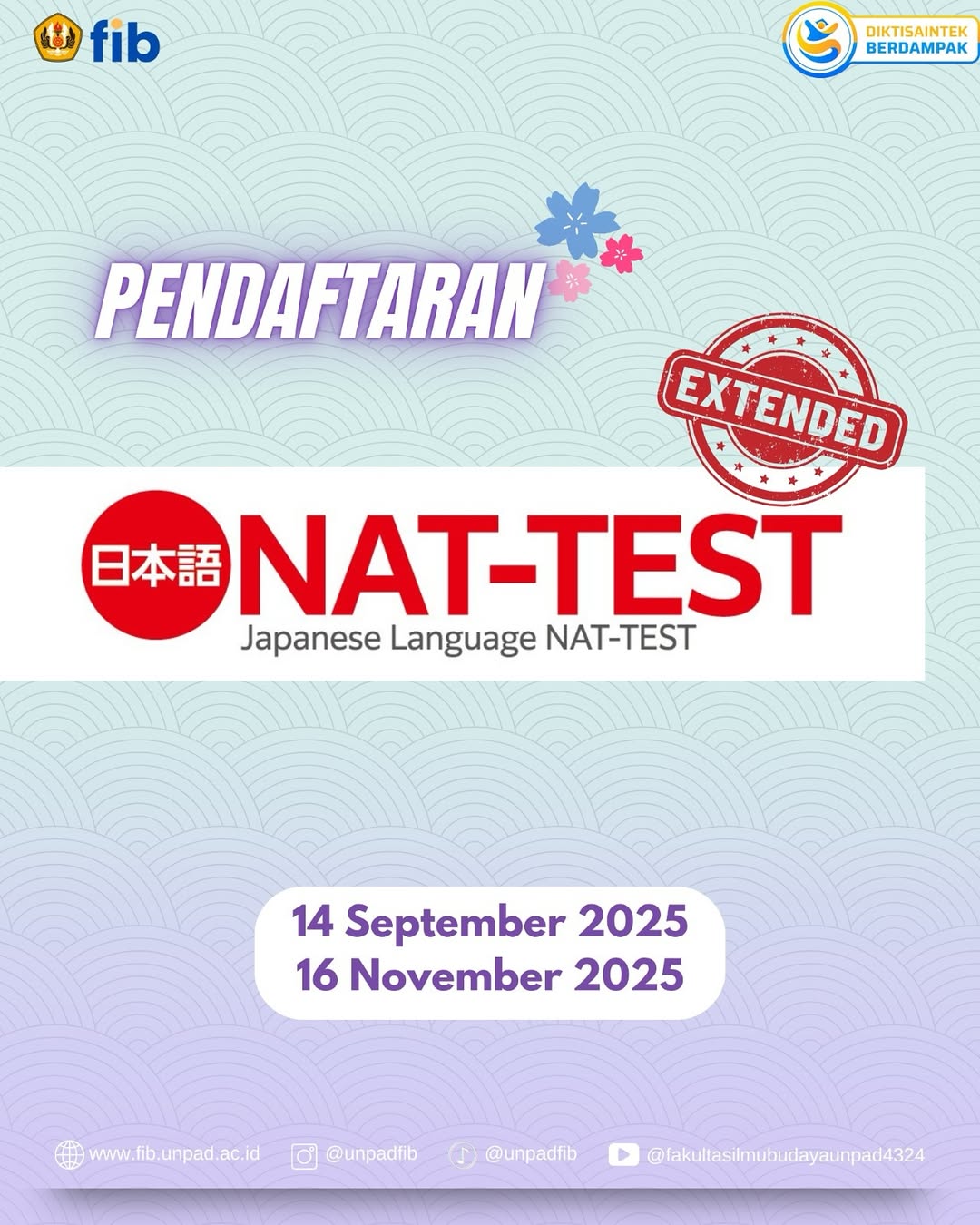
Unpad Students Test the Effectiveness and Literacy of Sundanese Culture on Amalgamated Family in Bandung City
Bandung, West Java – Regional language is one of the identities owned by each tribe in Indonesia. It is not uncommon to find tribes that have sub-tribes with different languages and dialects. This makes Indonesia one of the most linguistically rich countries in the world.
Sundanese is one of the regional languages that is the identity of the Sundanese people. In teaching and learning activities carried out in schools in the province of West Java, Sundanese is one of the languages that is not left behind. However, along with the times and the sophistication of information technology, the use of Sundanese has become rare and tends to be replaced by national and international languages. Not infrequently, the loss of the use of regional languages is also due to mixed-ethnic marriages.
Departing from the phenomenon of mixed ethnic marriages or commonly known as amalgamation families, a number of Universitas Padjadjaran students who are members of the Social Humanities Research Student Creativity Program (PKM RSH) team were moved to conduct deeper research related to the use of Sundanese in amalgamation families in the Bandung area, West Java. The team, which successfully received funding from the Directorate General of Higher Education in 2024, consists of five students from the social humanities group, namely Ikmalludin ( Cultural Sciences), Henhen Hendayeni ( Cultural Sciences), Salman Ramdan Rachman ( Social and Political Sciences), Salsabil Qodrunnada ( Law Studies), and Shelvi Nur Awaliyah ( Communication Studies), and mentored by Dr. Taufik Ampera, M. Hum, lecturer at the Faculty of Cultural Sciences (FIB).
Ikmalludin says that his team’s research aims to examine culture-based parenting in families as well as individual cultural literacy.
“This research examines the effectiveness of ethnoparenting (culture-based parenting) and cultural literacy (a person’s understanding in positioning himself as part of a diverse Indonesia) in maintaining the vitality of Sundanese in Bandung City,” says Ikmalludin.
In addition, he also explains why his team chose the city of Bandung for their research. This is due to the existence of Bandung, which is a major city in West Java with high cultural and economic mobilization.
On the other hand, mixed methods with quota sampling were chosen as the method and sample selection technique by Ikmalludin’s research team. The criteria for the informants chosen by this team are families or parties who are in intermarriages of Javanese and Sundanese ethnic groups, have children who have received at least an elementary school education, and live in Bandung City.
From the research conducted by this team, the results show that family involvement in efforts to inherit regional languages, especially Sundanese, is lacking. This is unfortunate because families, which ideally function as a child’s first school, do not inherit the nation’s cultural wealth by teaching local languages. Children only learn and practice their local language in their neighborhood and school.
Dr. Taufik argues that the phenomenon of the replacement of regional languages with national languages in the family environment has occurred in other amalgamation families, such as marriages between Sundanese and Batak peoples
“Actually, when compared to Sundanese marriages with other ethnicities, such as Batak, there are some similarities. It’s just that maybe the difference can be seen in terms of naming, for example naming children. However, the use of language in the family is mostly neutral, or using Indonesian,” he says.
Indeed, efforts to inherit the nation’s cultural wealth, such as regional languages, have become a shared responsibility. The family, which is essentially the smallest social institution in society, should be able to carry out its function as an educator for its offspring. Thus, regional languages are able to continue to exist in the midst of the world’s modernization.
.
Writer: Maria Imanuella Dewi Sekartaji
Translator: Jauza Maryam Mumtazah





